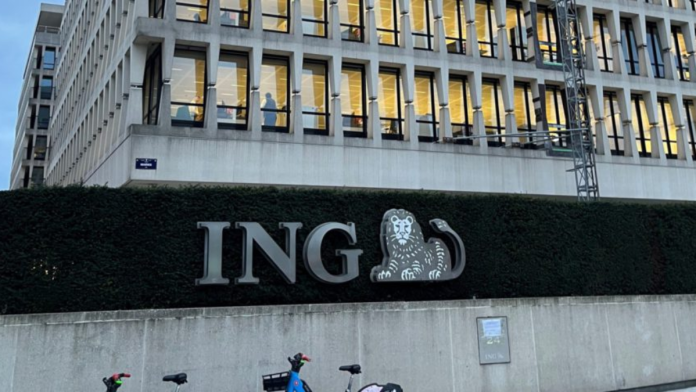ING Belgium is facing serious scrutiny after being linked to a money laundering investigation involving former European Commissioner Didier Reynders. The case has attracted wide attention because it touches both high-level politics and the financial system.
The prosecutor’s office in Brussels opened an investigation late last year. At the heart of the matter are claims that large sums of money were moved in suspicious ways. Between 2008 and 2018, Reynders allegedly deposited around €700,000 in cash into a personal account. The account was held with ING Belgium.
The cash is said to have come from activities connected to the National Lottery. During the time in question, Reynders was responsible for overseeing the lottery while serving as Belgium’s finance minister. Investigators believe that a system was used to buy large amounts of lottery tickets and then deposit the winnings as if they were regular income.
Reynders has strongly denied all wrongdoing. According to past statements, the money was described as part of his private estate rather than illegal profits. Despite these claims, prosecutors are continuing their investigation into whether these deposits were linked to influence peddling or other financial crimes.
Pakistan’s crypto pact with Trump venture sparks alarm over money laundering, terror links
ING Belgium Under Investigation
The focus of attention has now shifted to ING Belgium. Banks in the country, as in the rest of the European Union, are legally required to report suspicious transactions without delay. The Belgian National Bank reviewed ING Belgium’s handling of the matter and later passed its findings to the authorities.
Reports suggest that ING Belgium did not raise any alarm when the deposits were first made. For years, the large amounts of cash flowing into Reynders’ account were not questioned. It was only in 2018 that the bank began asking for explanations from him. Even more striking, the bank reportedly only notified Belgium’s Financial Intelligence Processing Unit in 2023, long after the deposits had been made.
This delay is now under the spotlight. Authorities are probing whether the bank failed to fulfill its duties and whether senior leaders at ING Belgium were aware of the unusual account activity. Belgian prosecutors are treating the case as one involving possible influence peddling and negligence by the bank.
The current CEO of ING Belgium, Peter Adams, and his predecessor, Erik Van Den Eynden, have both been summoned for questioning. Their testimonies are expected to help clarify what the bank knew, when it knew it, and why the case was not reported sooner.
A spokesperson for ING Belgium has said that the bank cannot comment on individual cases. However, the spokesperson insisted that the institution takes its responsibilities very seriously and complies with all rules and regulations.
Sri Lanka’s FIU fines 2 casinos and state bank over money laundering breaches
The Scale of the Allegations
The case is drawing significant public attention because of the large sums involved and the role of a respected European institution. The figure of €700,000 in cash deposits over a ten-year period is far from ordinary. Normally, banks would be expected to flag such repeated deposits early on.
Investigators are now piecing together whether the deposits were part of a deliberate scheme to move money in a way that hid its true source. If true, it would mean that ING Belgium, knowingly or not, became part of a system that allowed questionable funds to enter the financial system.
The investigation remains active. The Belgian prosecutor’s office has not released further details, and questions to the office remain unanswered. What is clear is that both the actions of Didier Reynders and the decisions of ING Belgium are under the microscope.
This case highlights how sensitive banks must be when handling large sums of money, especially when the clients involved are public figures. It also shows how delays in reporting suspicious activity can lead to major legal trouble later on.
For now, ING Belgium and its top executives remain under investigation. The outcome will depend on what prosecutors uncover as they review years of financial records and bank decisions tied to the €700,000 cash deposits.


